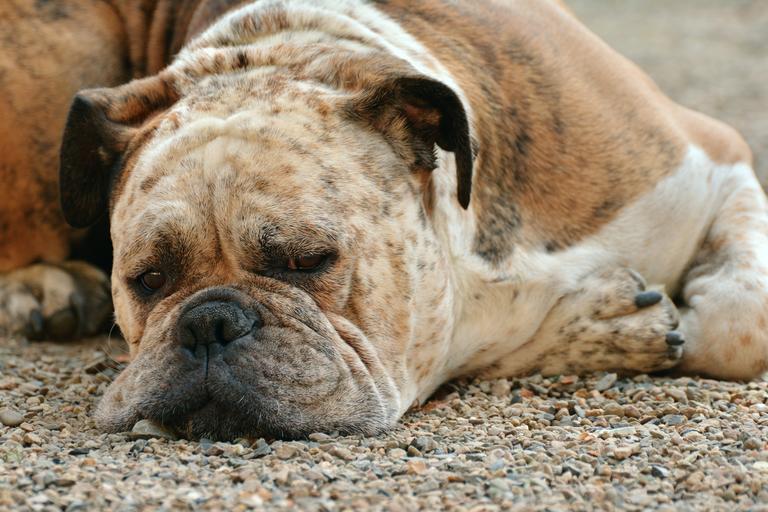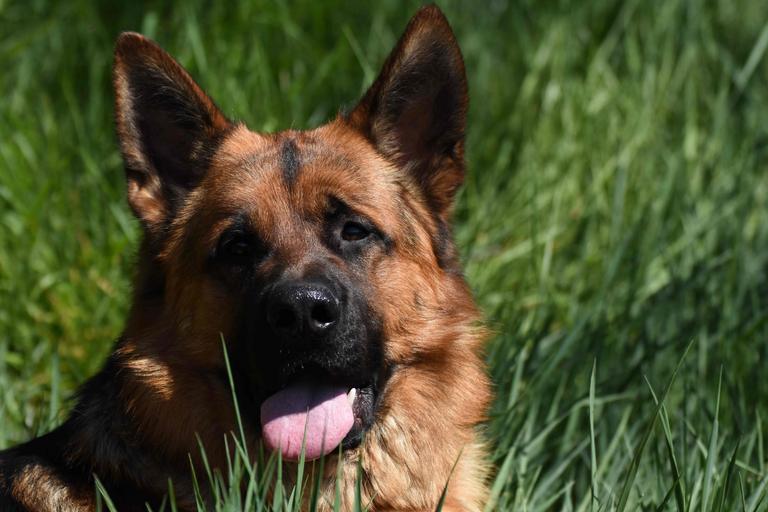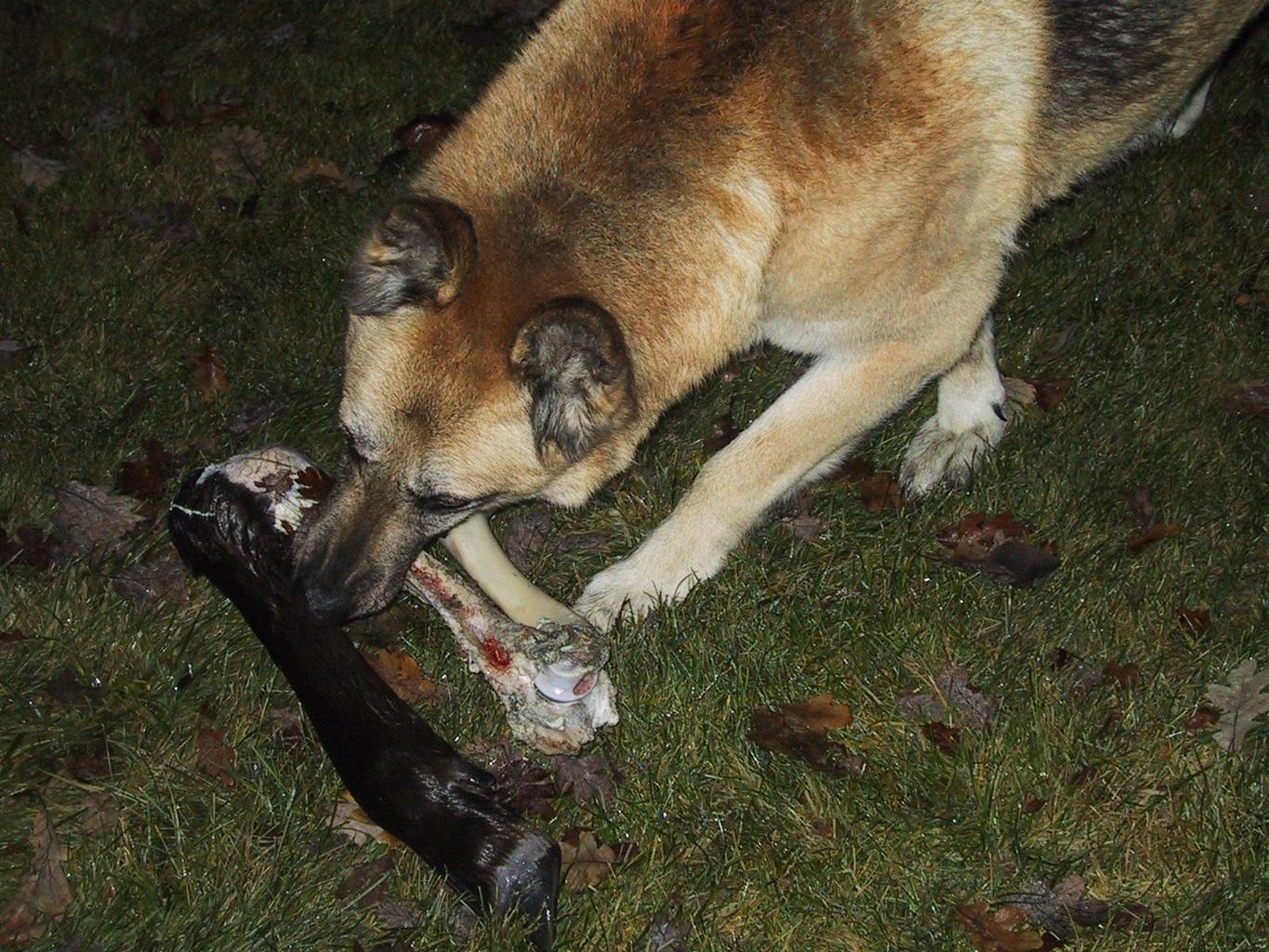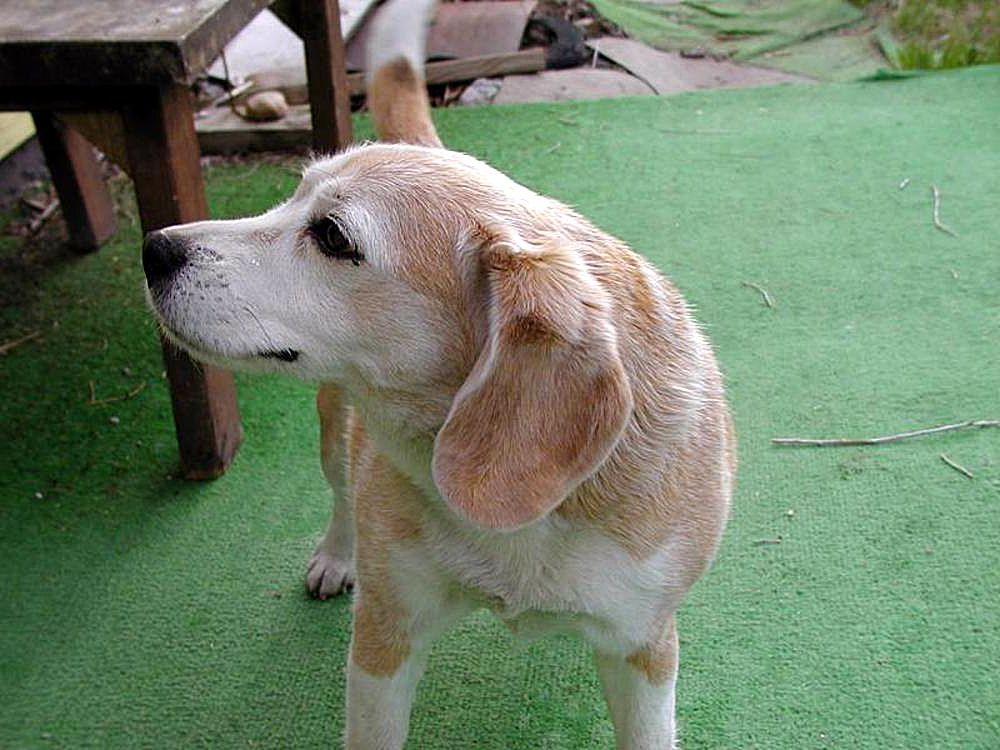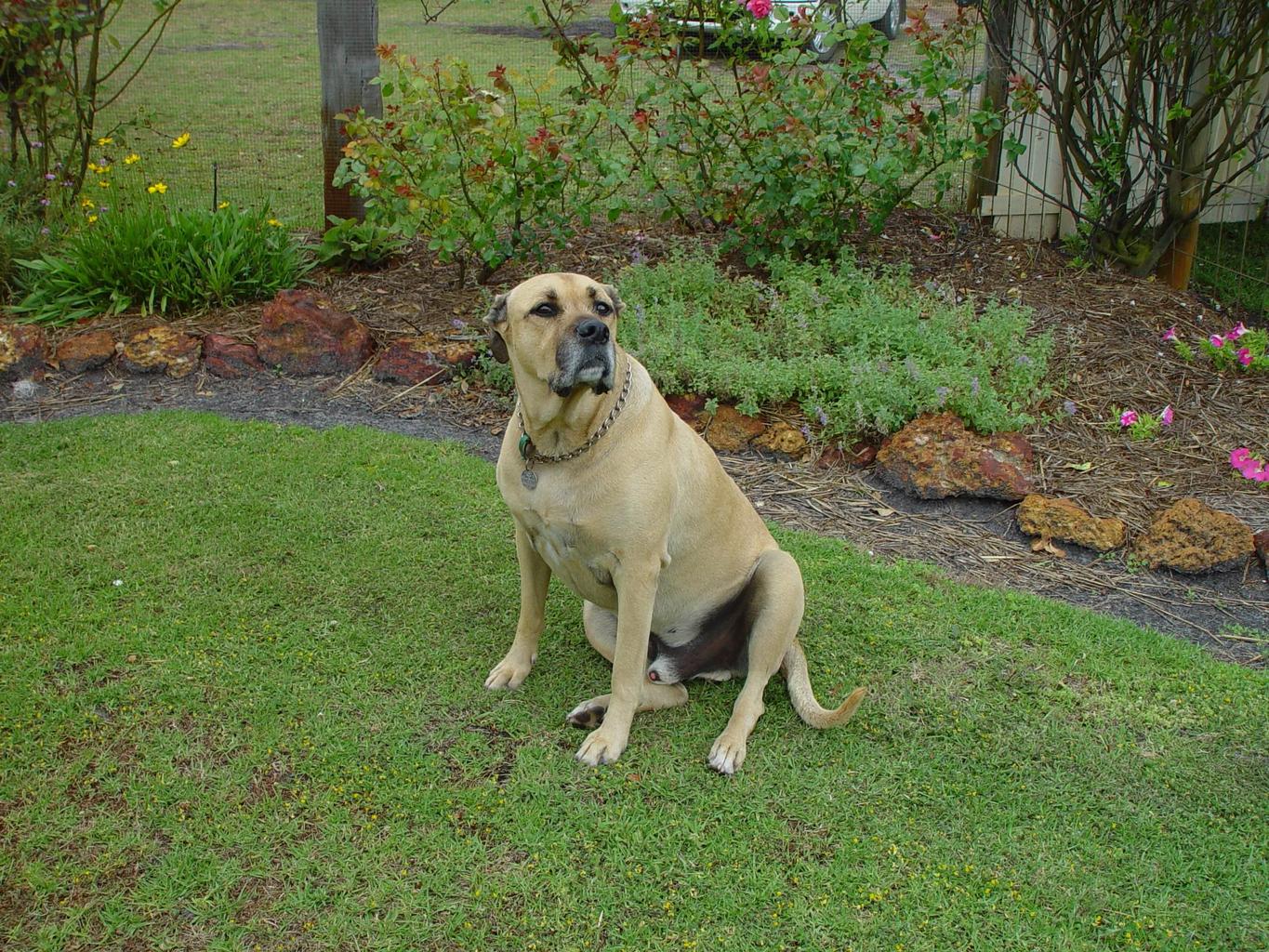Dogs are not just pets; they are family members that deserve the best care. One of the most important aspects of taking care of your furry friend is ensuring they have a healthy, balanced diet. However, it can be challenging to identify and solve your pup’s nutrition woes. In this article, we’ll discuss how to keep your pup healthy and happy through proper nutrition and how to solve common nutrition issues for your furry friend.
Woofin’ Good Eats: How to Keep Your Pup Healthy and Happy
Keeping your pup healthy and happy starts with their diet. Just like with humans, a well-balanced diet is essential for their overall health. The first step is to ensure they are receiving the right amount of protein, carbohydrates, and healthy fats. Dogs require high amounts of protein, which can come from sources such as chicken, beef, or fish. Carbohydrates are also essential for energy and can come from sources like rice, sweet potatoes, or peas. Healthy fats, such as those found in fish and flaxseed oil, are necessary for their skin and coat health.
Another crucial aspect of your pup’s diet is the quality of the food. Choosing high-quality dog food is essential as it contains the right balance of nutrients your pup needs. It’s important to read the label and choose a brand that lists meat as the first ingredient, as this indicates a higher protein content. Avoid dog food that contains fillers such as corn and soy and artificial preservatives.
In addition to a balanced diet, it’s essential to ensure your pup is receiving the right amount of food. Overfeeding your dog can lead to obesity, which can result in health issues such as joint problems and heart disease. It’s important to feed your pup the recommended amount of food for their size and monitor their weight to ensure they are maintaining a healthy weight.
From Begging to Best: Solving Common Nutrition Issues for Your Furry Friend
Despite your best efforts, your furry friend may still experience nutrition issues. One common issue is food allergies. If your pup is experiencing skin problems, diarrhea, or vomiting, it could be a result of a food allergy. To solve this issue, you may need to switch to a hypoallergenic dog food or eliminate certain ingredients from their diet.
Another common issue is picky eating. If your pup is refusing to eat their food, it could be due to a lack of variety or simply not liking the taste. To solve this issue, you may need to switch up their diet and try new flavors. You can also add wet food or toppers to their kibble to make it more appealing.
Finally, digestive issues such as constipation or diarrhea can also be a common issue for your pup. This can be a result of their diet or an underlying health issue. To solve this issue, you may need to adjust their diet and ensure they are receiving enough fiber. If the issue persists, a visit to the vet may be necessary.
Keeping your pup healthy and happy through proper nutrition is essential for their overall wellbeing. By ensuring they receive a balanced diet, high-quality food, and the right amount of food, you can help prevent common nutrition issues. However, if your furry friend is experiencing issues, it’s important to identify and solve the problem promptly. With a little care and attention, you can help your pup live a long and healthy life.


